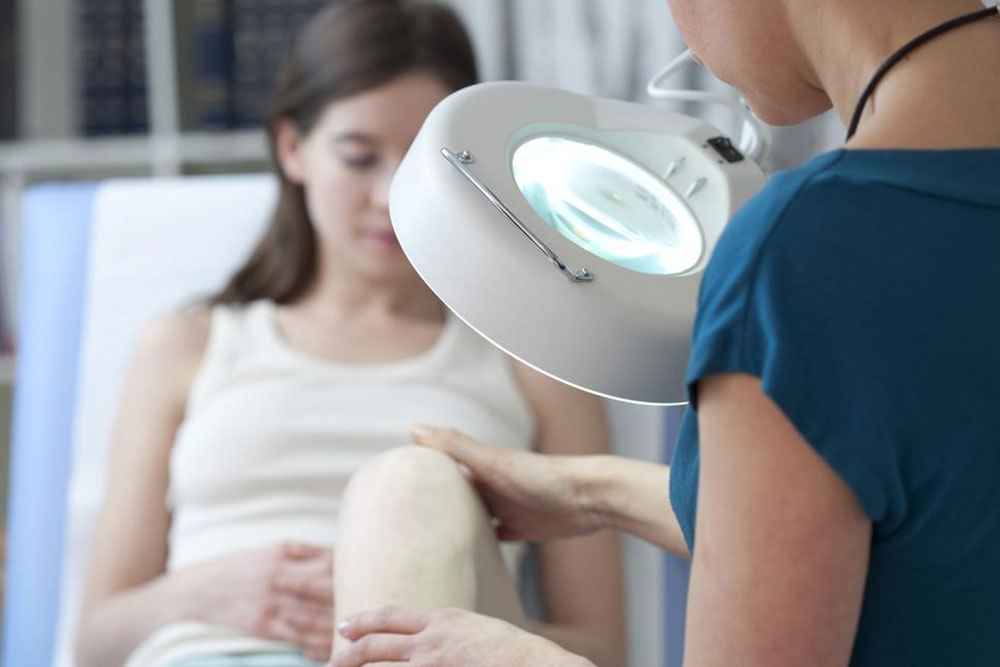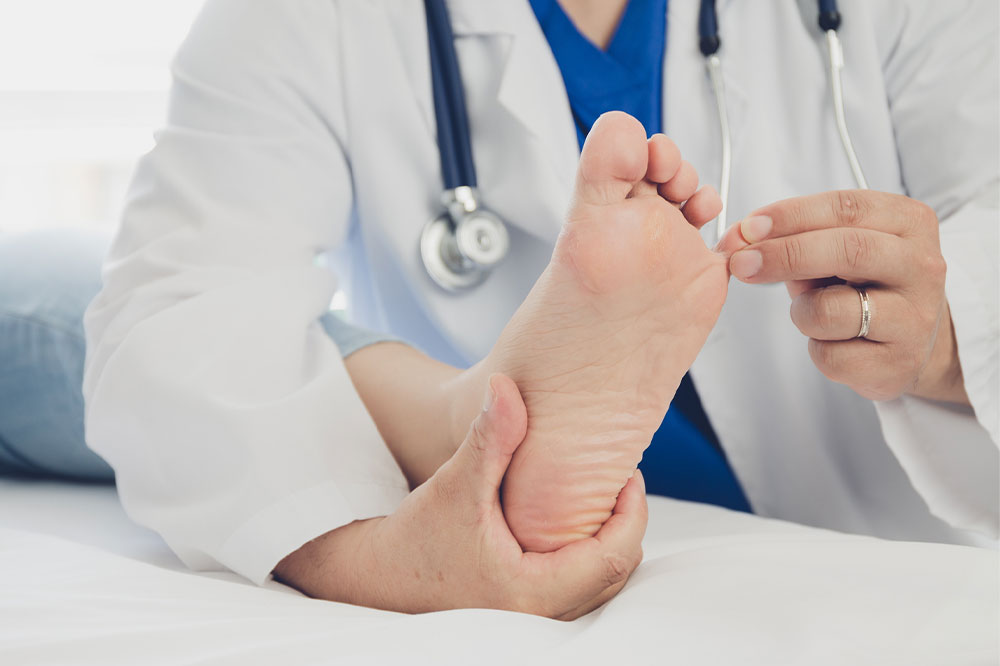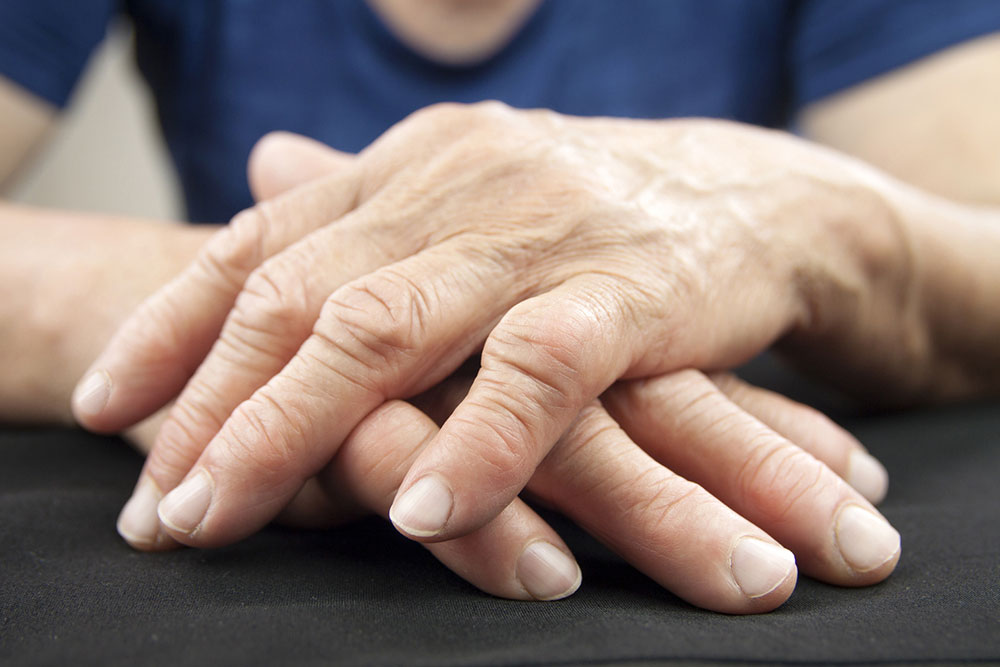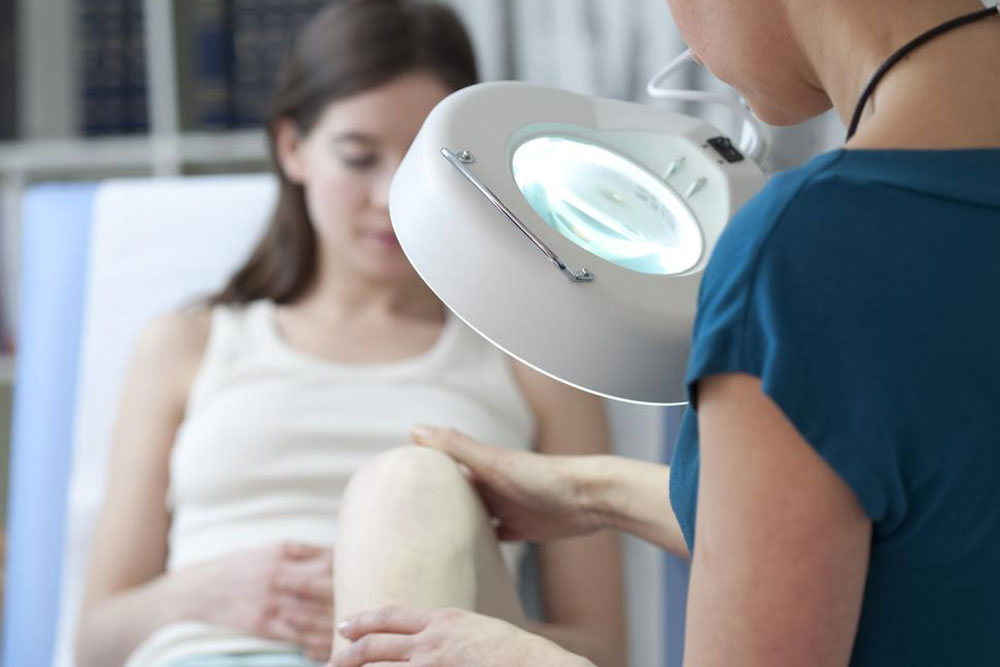Recognizing When to Seek Medical Help for Baker's Cyst Symptoms
A Baker's cyst often develops due to knee joint issues and can usually be managed at home. However, recognizing when to seek medical care is vital, especially with persistent, severe, or recurring symptoms. This comprehensive guide highlights key signs for timely medical evaluation, including persistent cysts, intense pain, or recurrence, emphasizing the importance of professional diagnosis and treatment to prevent complications and address underlying causes effectively.

Key Signs Indicating the Need for Medical Evaluation of Baker's Cyst
A Baker's cyst, also known as a popliteal cyst, commonly develops in individuals experiencing knee joint issues such as arthritis, cartilage tears, or other joint disorders. It is prevalent among children, athletes, and adults with chronic knee problems. While many cases of Baker's cysts can be managed effectively with conservative home remedies, there are critical situations where prompt medical intervention is necessary to prevent complications and ensure proper treatment.
Understanding the signs that necessitate consulting a healthcare professional is essential for effective management. For instance, if the cyst results from an underlying condition like arthritis, targeted medical treatment is often more effective than home remedies alone.
Baker's cysts can sometimes resolve with conservative, at-home treatments such as rest, ice application, compression, and elevation (RICE), but it is crucial not to delay seeking professional help if symptoms persist or worsen. Ignoring persistent or worsening symptoms may lead to complications or more severe underlying issues.
If a Baker's cyst persists for more than two weeks despite using home remedies, it is a clear signal that medical assessment and possibly more advanced treatments are needed. Continuous presence of the cyst indicates that the underlying condition remains unaddressed, making professional diagnosis vital.
Severe or escalating pain, especially if it becomes unmanageable or incapacitating, warrants immediate medical attention. Such intense discomfort might indicate complications such as rupture, infection, or blood clots, which require prompt diagnosis and treatment. Over-the-counter pain medications may be ineffective for severe pain, and professional intervention is often necessary to prevent further deterioration.
Recurring Baker's cysts are another important indicator that medical evaluation is needed. If cysts keep returning despite previous treatments, it suggests that the root cause—such as joint deformities, cartilage damage, or other structural issues—has not been effectively addressed. Relying solely on anti-inflammatory medications or local remedies provides only temporary relief and does not prevent future recurrences. A thorough medical assessment can help identify and treat the underlying problem, reducing the chances of cyst recurrence.
Accurate diagnosis is critical for tailoring the most appropriate treatment plan. While many Baker's cysts respond well to conservative management, some cases require medical procedures such as aspiration, corticosteroid injections, or surgical removal. When symptoms are severe, persistent, or recurrent, consulting a healthcare professional is the safest and most effective approach to ensure proper recovery and prevent long-term complications.





